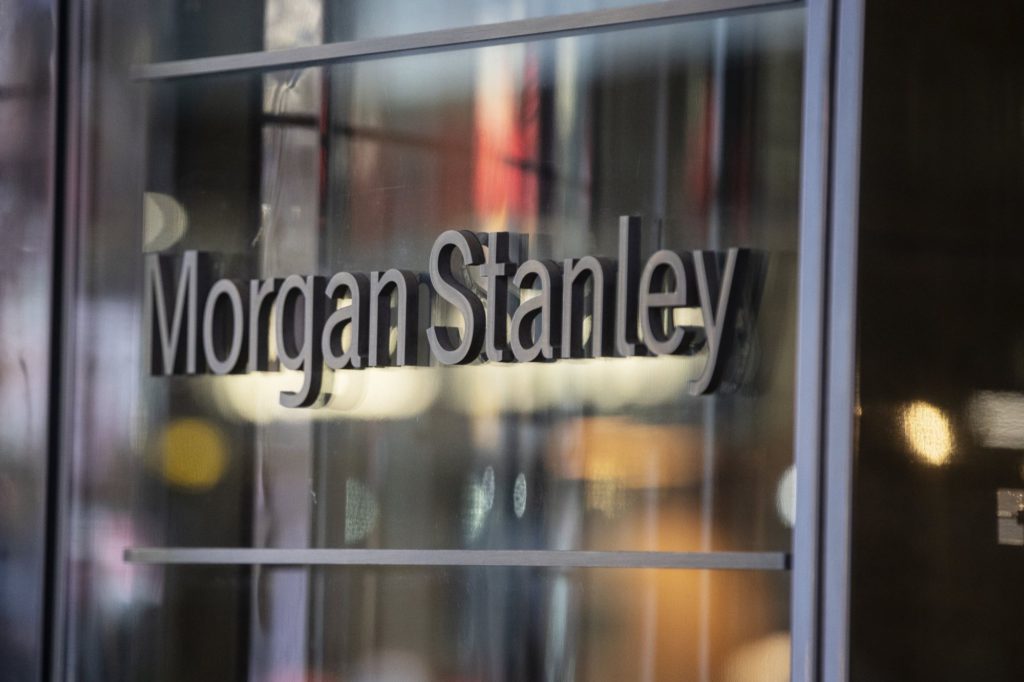A pair of Morgan Stanley executives who were on its block-trading desk have departed the firm after being placed on leave and left in limbo amid a US probe into their group’s work.
(Bloomberg) — A pair of Morgan Stanley executives who were on its block-trading desk have departed the firm after being placed on leave and left in limbo amid a US probe into their group’s work.
The bankers’ exit has opened a rift with the New York-based firm over their continued cooperation with the investigation, according to people with knowledge of the matter. The two executives had initially submitted their resignation but their notice period was cut short and departure accelerated over their unwillingness to work closely with the bank through the probe, the people said, asking not to be identified discussing confidential information.
Pawan Passi, whose absence from Morgan Stanley last year was the first sign of the federal inquiry, cut ties with the bank this month. He led the US equity syndicate desk and the bank’s communications with investors for equity transactions.
While Passi was on paid leave, he moved to formally resign from the firm as it wasn’t clear when and if he could return to work, a person with knowledge of the matter said.
Morgan Stanley placed Charles Leisure, an underling on the desk, on leave in August, about nine months after Passi, Bloomberg reported at the time. He also left this month. Representatives for the firm and the executives declined to comment.
The bank has never said why they were placed on leave. Their industry records show, as of December, they are no longer employed with the firm and the documents don’t elaborate on the departures. The government hasn’t accused anyone of wrongdoing.
Wall Street has been watching closely as prosecutors dig into how banks work with hedge funds and other buyers to privately carry out stock sales big enough to move prices.
Company founders and other major stakeholders hire bankers to help them discreetly unload large blocks of stock without sending the price into a tailspin. The banks, in turn, often work with hedge funds willing to take the risk of acquiring a slug of equities on short notice.
Conversations for those deals can stray into legal gray areas, and if sellers see prices slip just before deals are done, they’re known to question whether information leaked.
Morgan Stanley disclosed the US probe early this year. The firm faces potential civil liability from allegations that it caused stock prices to drop before completing a block trade, the bank disclosed in a regulatory filing in May.
Bloomberg reported in February that the Justice Department had sought communications involving more than a dozen professionals at Wall Street firms, including at Morgan Stanley and some of its key clients. That list included Passi and colleagues such as Leisure.
–With assistance from Gillian Tan, Katherine Burton and Peter Eichenbaum.
More stories like this are available on bloomberg.com
©2022 Bloomberg L.P.










